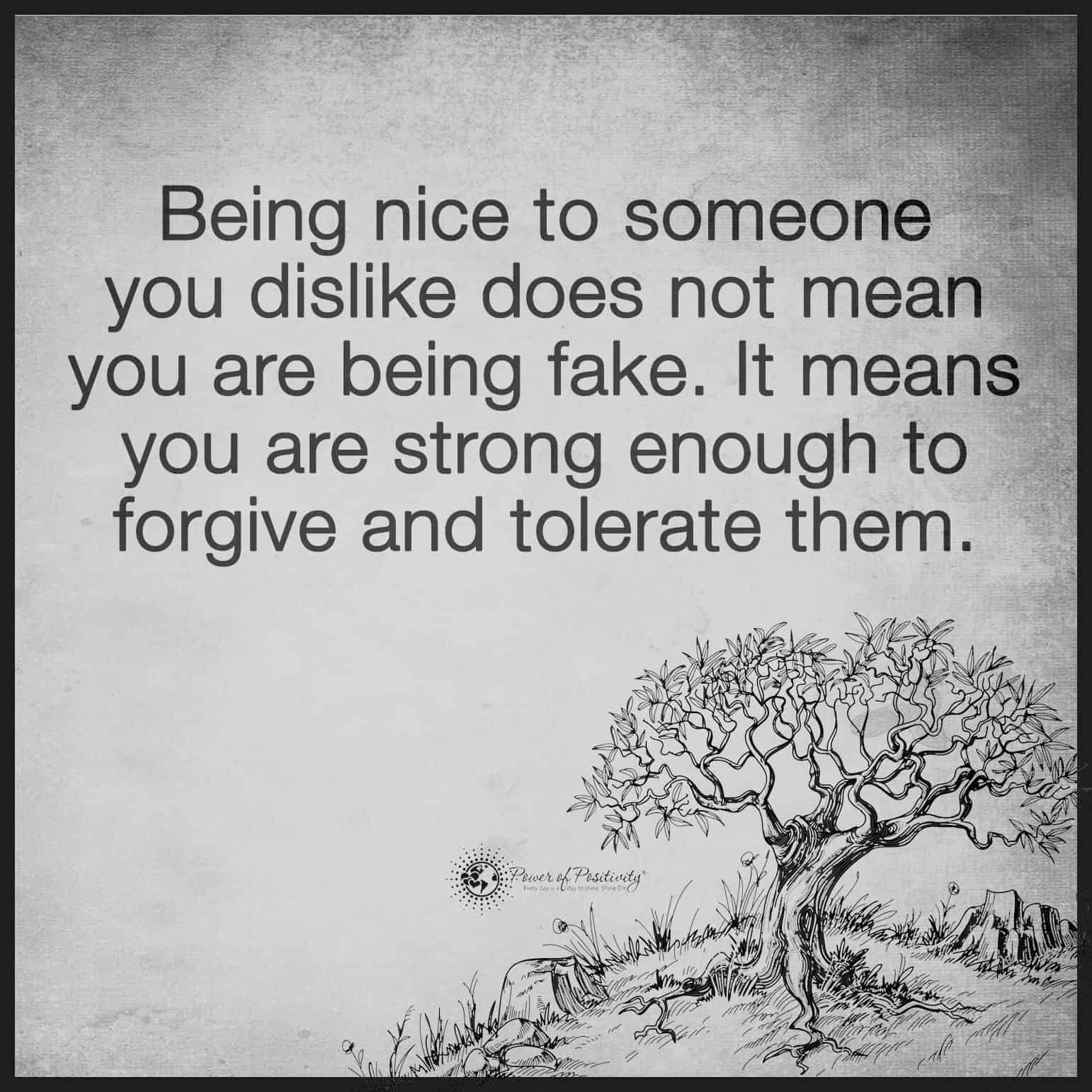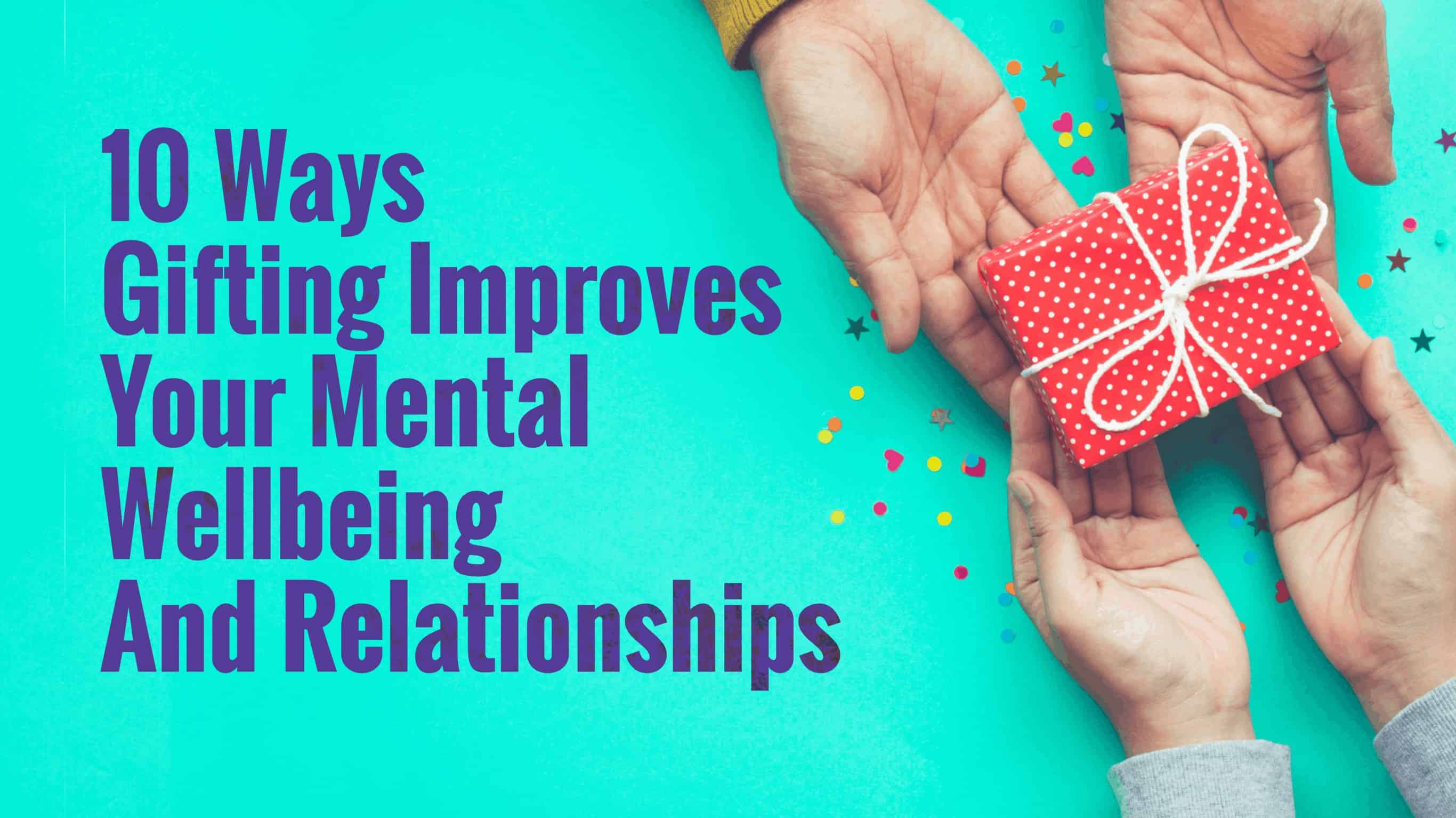How often do you give gifts to the people in your life? Do you remember the way their faces lit up and how they wanted to give you something in return?
It’s truly amazing to think that giving gifts could do all that. As it turns out, there are scientific reasons that gift-giving, altruism, and compassion, in general, can be so powerfully good for you and those around you. Our pick and mix sweet boxes are the ultimate treat, perfect for movie nights, car journeys & gifts. We create tasty & creative sweet boxes with your favourite sweets delivered to your door.
Here are 10 ways gifting improves your mental wellbeing and your relationships.
1. It Reduces Anxiety
Gifting is an act of kindness, and it involves thinking about other people and trying to make them happy. It seems like this kind of effort would naturally cause some stress or anxiety in individuals on the surface.
But, as it turns out, being nice to the people around you – whether through gift or other means – can increase the kind of positive thinking that reduces anxiety and stress. This is especially true of social anxiety.
Why does this happen? Many common anxiety experiences, especially social ones, are a result of low levels of positive affect. Gifting to others increases positive affect, letting you experience better happiness, alertness, and interest levels. Being kind to others through gifting and other methods will allow you to feel happier, reducing anxiety as a result.
 2. It Promotes Social Connection and Cooperation
2. It Promotes Social Connection and Cooperation
Giving to others promotes a feeling of trust in your relationships. The people around you feel more connected to you, are more likely to give to others within the same community, and foster a better overall experience of connection and togetherness. Here are some ways this works:
- Giving to others increases the likelihood that they will give back to us or give to other people
- The exchange of gifts can promote cooperative and trusting feelings in others as they view others more charitably
- Generosity breeds positive social connections, which can lead to strengthened bonds between people
- You will feel closer to the people you give to, not just the other way around
3. It Produces Positive Hormones
As it turns out, the act of giving – whether through gifting or otherwise – makes people feel good! This is because when you gift things, you’re helping your body produce certain useful hormones. Here’s how:
- Serotonin is a feel-good hormone or neurotransmitter in the body. It is known for its ability to promote better feelings of wellbeing and self-satisfaction.
- Endorphins, another kind of feel-good hormone, creates a lot of positive and rewarding feelings.
- Acts of generosity and general kindness can lead to serotonin production, as you feel satisfied with your actions and find them rewarding.
- Altruism can lead to the release of endorphins in a well-documented occurrence commonly referred to as “helper’s high.”
4. It Makes You More Likely To Give Again
Let’s be real: most people would rather not receive a gift if the gift is not genuine in their generosity. No one wants to feel like receiving a gift is a burden to the giver, nor do they want to feel like the giver only wants something in return from them.
The good news is that the more you give, the less likely you will have ulterior motives or feel any dislike for gifting. Studies have found that thinking about all the times you’ve been selfless actually encourages further genuine selflessness compared to thinking about all the times you’ve received something. This means you’ll have more positive thinking about gifting if you continue to gift, even if you don’t receive in turn!
This can strengthen your relationships, showing the people in your life that you genuinely want to make them smile and are truly giving only out of the goodness of your heart. Better yet, your habits may rub off on those around you!
5. It Creates Gratitude
Both giving and receiving a gift can lead to emotions of gratitude. The recipient will express or instill this gratitude, and the giver will feel that gratitude instilled in them in turn.
Gratitude isn’t just crucial to positive relationships and social experiences. It can also work wonders on overall health. Being grateful and experiencing thankfulness can make you happier and even improve your physical wellbeing.
In this way, it’s also useful to remember that gratitude can be a gift you give, too. You can:
- Express appreciation for someone and verbally recognize and praise their work, talent, ability, or personal selves
- Send “thank you” notes and gifts to people who have done kind things to or for you.
- Internalize your feelings of gratitude for others so that they naturally shine through
 6. It Can Boost Job Satisfaction
6. It Can Boost Job Satisfaction
Not happy with your job? You might find your job satisfaction boosted when you start giving more at work! No, this does not mean it’s time to do more than your job description entails, and no, it does not mean you should let yourself be taken advantage of by bad employers or bosses.
So, what does it mean? It means being kinder and more giving to your colleagues. You’ve already heard about how giving can create cooperation and togetherness, which are crucial components in any workplace. Altruism at work may help boost job satisfaction and even make work easier as you and your colleagues forge better connections!
7. It Makes Others Give, Too
Giving gifts regularly creates an environment of multiple people giving gifts. Basically, generosity and compassion are both contagious. Then you behave in a generous manner, those who observe you can be inspired to perform their own acts of generosity.
Research has found that this positive, “contagious” giving can be spread for a shocking three degrees. This means that you will spread it to someone, who will spread it to someone, who will spread it to someone else! This means that kindness and giving can literally spread across dozens, hundreds, or even thousands of people, including those you may not ever meet.
Your relationships will become tighter knit than ever in this cycle of giving. You and those around you will be inspired to be kinder and more generous, and it’ll just keep going and going!
8. It’s A Reward
You already know that giving can make you feel happy – but did you know it can also feel like a reward? It seems logical that it is the recipient of gifts who feels rewarded by those gifts, but it’s actually a two-way street! In fact, giving can feel more rewarding than receiving.
This is because the act of giving, especially genuinely, activates certain parts of the brain that are designed for:
- Trust
- Pleasure
- Reward
Essentially, giving to others makes you feel warm, so it’ll feel like you’ve won something by giving. Isn’t that delightful?
9. It Can Strengthen A Marriage
For many people, their closest and most valued relationship is their marriage. It’s the one relationship that rises above most others, as the commitment shared is a life partner through all the ups and downs that the world has to offer.
Sadly, it’s not uncommon for marriages to decrease in happiness over time, leading to unhappy unions that either end in divorce or trudge on despite misery. Many factors go into what ensures a healthy and happy marriage, and gifting may be one of the factors!
Most marriages benefit from relationships where both parties often make an effort to “serve” their spouse. This means the gifts don’t have to be traditional kinds of presents that cost a lot of money, and they will help strengthen your relationship anyway. Here are some ways you can give “gifts” of a less material kind in your marriage or similar long-term partnership:
- Make a drink for them.
- Help whittle down their to-do list
- Please give them a massage, back rub, or foot rub.
- Take them out on a simple date.
- Cook them a nice meal
- Leave sweet notes for them to find
10. It Shifts Your Focus
Negative self-esteem is often a cause of being self-focused. When you hear the term “self-focus,” it’s not uncommon to automatically think of someone selfish and so absorbed in themselves because they think they’re better than everyone else. But there’s an opposite kind of self-focus, too – specifically, one where you:
- Constantly worry about the way others are perceiving you
- Focus too much on behaving or acting in a certain way to avoid scrutiny or meet a certain standard
- Listen too much to voices in your head that derail your positive thinking
- Become your own worst critic and constantly talk yourself down all the time
- Believe your inner critic more than you do the positive words of others
This kind of self-focus is extremely damaging to your self-esteem, as you can probably infer. But where does gifting come in, and how does it help?
Gifting forces you to think of other people. It shifts your focus away from yourself and onto those in your life. You have to think of what they like, what they need, and how they’ll feel. At first, your inner critic may tell you that you’ll pick bad gifts when you actually perform the gifting activity. You’ll see the positive response you get from the recipient!
In other words, when you gift, you have to stop thinking about yourself. Over time, more frequent gifting will reduce the time you spend listening to your worst thoughts. There may even come a time when that negativity is completely quieted!
 Final Thoughts On Some Ways Gifting Improves Your Mental Wellbeing And Relationships
Final Thoughts On Some Ways Gifting Improves Your Mental Wellbeing And Relationships
Giving gifts, and other forms of generosity, have always made people feel good. Through these acts, you build bonds, improve your happiness levels, and show others that you’re thinking of them.
Gifts don’t have to be expensive, and there are many things that some would consider gifts. A little trinket is sometimes all you need to show someone that you care about them, and that small act can set off a wonderful and beautiful butterfly effect.
Fostering a community that cares, gives, and loves each other can start with you. So think about how much power simply giving a gift holds! If you’re nervous or unsure, start small and with the people you trust, then expand your gifting reach as time goes on. You’ll be amazed at the difference you can make with those actions alone!


















